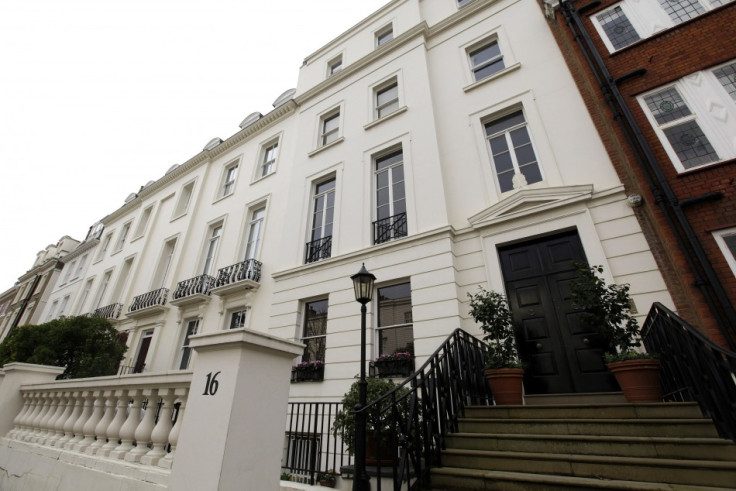London Housing Slowdown: City's Property Price Growth Flatlines

London's house prices recorded zero growth during August as the usual summer slowdown was compounded by a throng of new sellers looking to cash in on the city's recent gains.
In its August housing market survey, Hometrack said prices on average were no higher than in July. Six months before, in February, the month-on-month growth rate had been 1.1%.
And in August, the average time a property spent on the market was 4.9 weeks, up sharply from 2.7. The percentage of the asking price achieved dropped to 96.4% from February's 98.8%.
Moreover, just 10.9% of postcodes in London registered price increases during August against 86.7% in February.
The London market suffers from a protracted imbalance between supply and demand, which is driving up prices. Heavy foreign investment, a surging population and a severely constrained supply of homes all conspire to force up prices.
More broadly, Hometrack said house-price growth for the whole of the UK had held at just 0.1% in August, the same as in July.
"The latest survey continues to point to clear evidence of slowdown, particularly in the London market," said Richard Donnell, director of research at Hometrack.
"This is not a huge surprise for August but the signs of a slowdown in market activity were starting to emerge back in May with evidence of growing resistance to rapid price rises in the London market.
"Talk of a housing bubble and warning from the Bank of England have impacted sentiment while tougher affordability checks for mortgages and rumblings around interest rate rises is starting to make buyers think twice."
He added: "We expect a continued shift towards a seller's market in the face of weaker, more price sensitive demand."
According to the Office for National Statistics (ONS), the average price of a London property was £499,000 in June 2014 after leaping 19.3% across the year. For the UK, prices grew at an annual rate of 10.2% to £265,000.
The pace of house-price growth is expected to slow amid weak wage growth, an imminent rise in interest rates by the Bank of England and an increase in construction work.
© Copyright IBTimes 2025. All rights reserved.






















